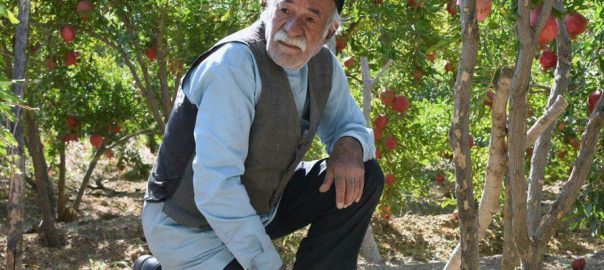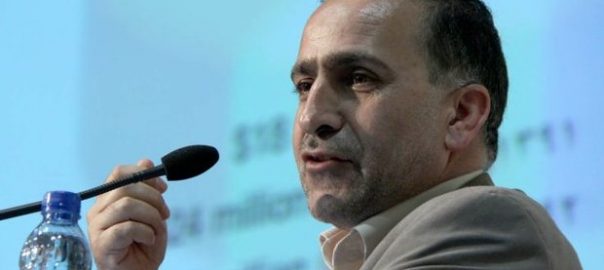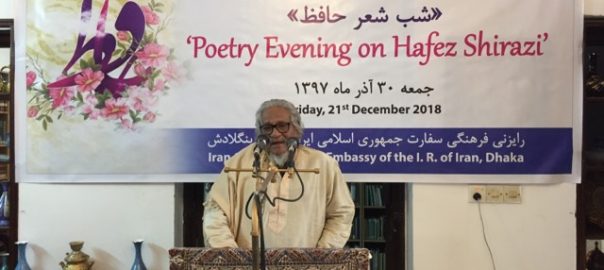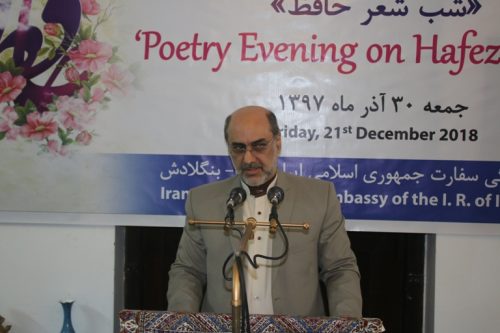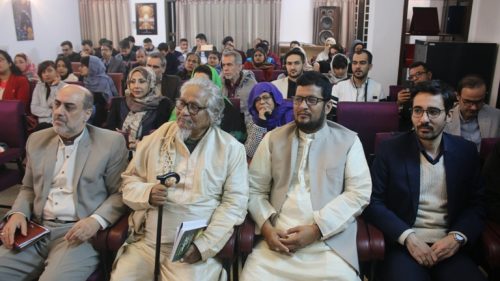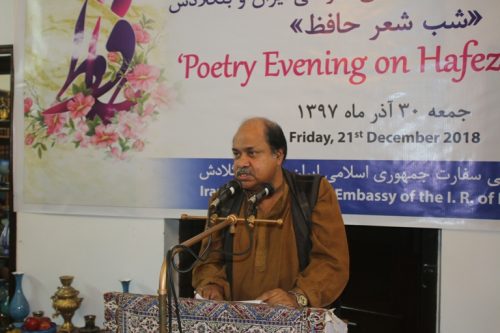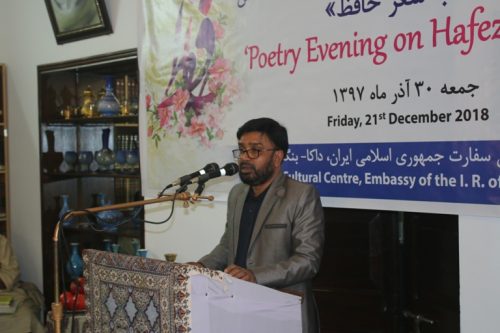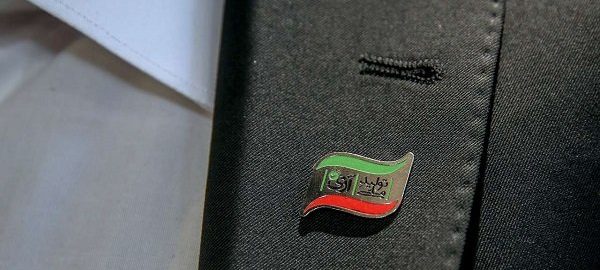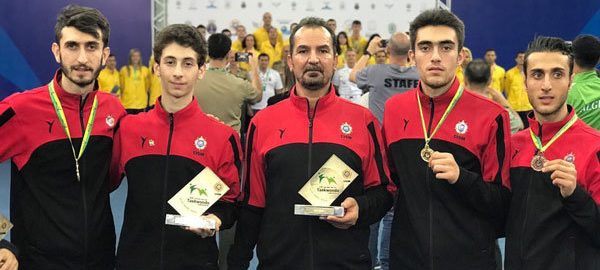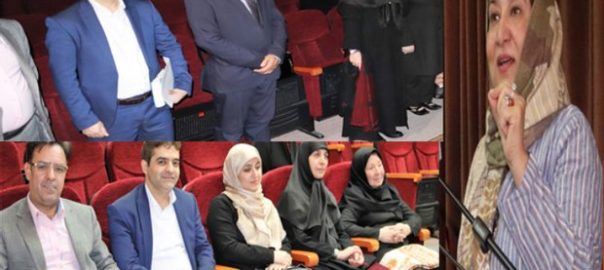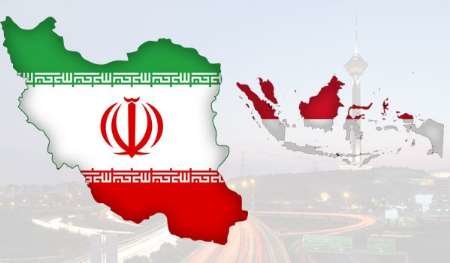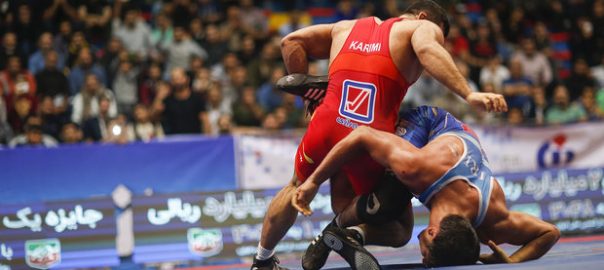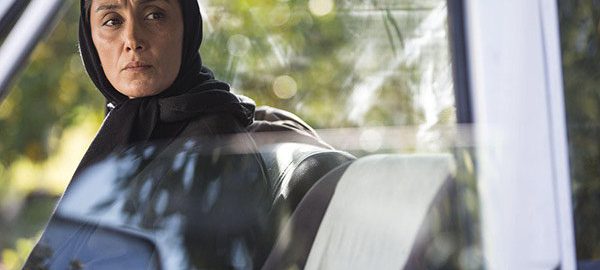A seminar to commemorate the 141st birth anniversary of Dr. Allama Muhammad Iqbal was organized by the Urdu Department of Tehran University in collaboration with Pakistan Embassy on Tuesday, November 27,2018.
Prominent Iranian scholars, academicians, students and media persons attended the seminar. Ambassador of Pakistan H.E Riffat Masood was the Chief Guest in the event.
The speakers paid rich tributes to the poet of the East and highlighted his message of Islamic unity.
Dr. Mustafavi Sabzvari, a veteran scholar, shed light on the vision and philosophy of Iqbal, elucidated Iqbal’s concept of Perfect Person “Mard e Momin” by reciting his Persian verses and said that his poetry and writings reshaped the destiny of the Muslims.
Dean Faculty of Foreign Languages, Dr. Alireza Valipour emphasized on understanding and acting upon Iqbal’s philosophy and thoughts. He said that Iqbal was not just the national poet of Pakistan but his message of unity has its appeal worldwide which raises his stature as international poet.
While reciting Iqbal’s verses, renowned Pakistani Scholar Dr Rashid Naqvi called Iqbal a universal poet who possessed remarkable knowledge of not only religious and political thought but also understanding of western civilization. Iqbal apprised the world about decline of social norms a century ago and all of his predictions made in his poetry today stand proved.
Calling Iqbal a revolutionary poet, Dr. Kiumerci, Head of Urdu Department stressed the need of more research work into thought and philosophy of Iqbal and said that Iqbal revolted against all such concepts which were against humanity.
Dr. Ali Kavousinejad faculty member of Urdu Department, in his paper titled “Iqbal in Iran”, shed light on literary contributions of Iranian scholars in spreading the message of Iqbal in Iran. While discussing various features of Iqbal’s poetry and philosophy, Dr. Ali Bayat considered it imperative to introduce Iqbal’s poetry and vision simultaneously.
Head of Iranian Cultural Centre in Lahore Mr. Ali Akber Razaifard described Allama Iqbal as a cultural link between Pakistan and Iran and stressed on enhancing cultural relations between the two brotherly countries.
Ambassador Riffat Masood, in her speech, paid homage to the national poet and philosopher and highlighted different aspects of his life and thoughts, she said that Iqbal not only supported the oppressed Muslims of the sub-continent but he also became a voice for all the Muslims of the world thereby earning him the title of a universal poet.
The Ambassador, while reciting the verses from Iqbal’s poetry, highlighted the importance of his message of renaissance among the Muslims. Iqbal’s poetic work became a major source of inspiration and motivation for Iranians during the Islamic Revolution in Iran.
She said the poet – philosopher laid stress on knowledge about “self”, which had universal value and is as inspiration for the coming generations.
A senior student and poet from Urdu Department, Tehran University Ms. Fernaz Zalzadeh eulogized the Poet of the East in her poetic work. / MNA /

